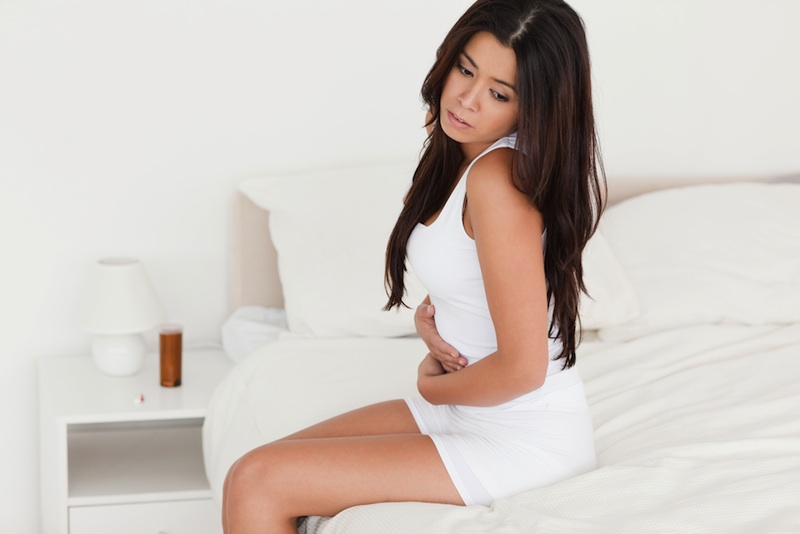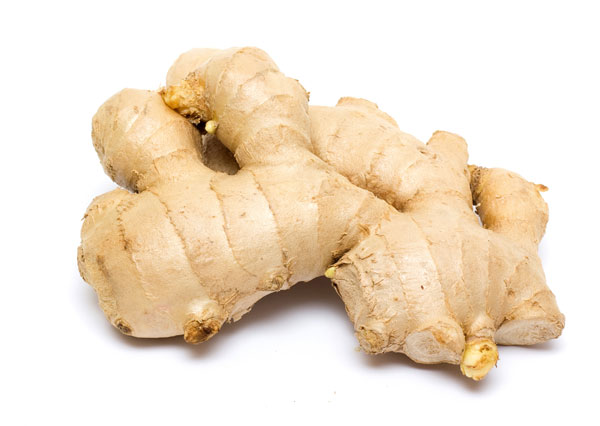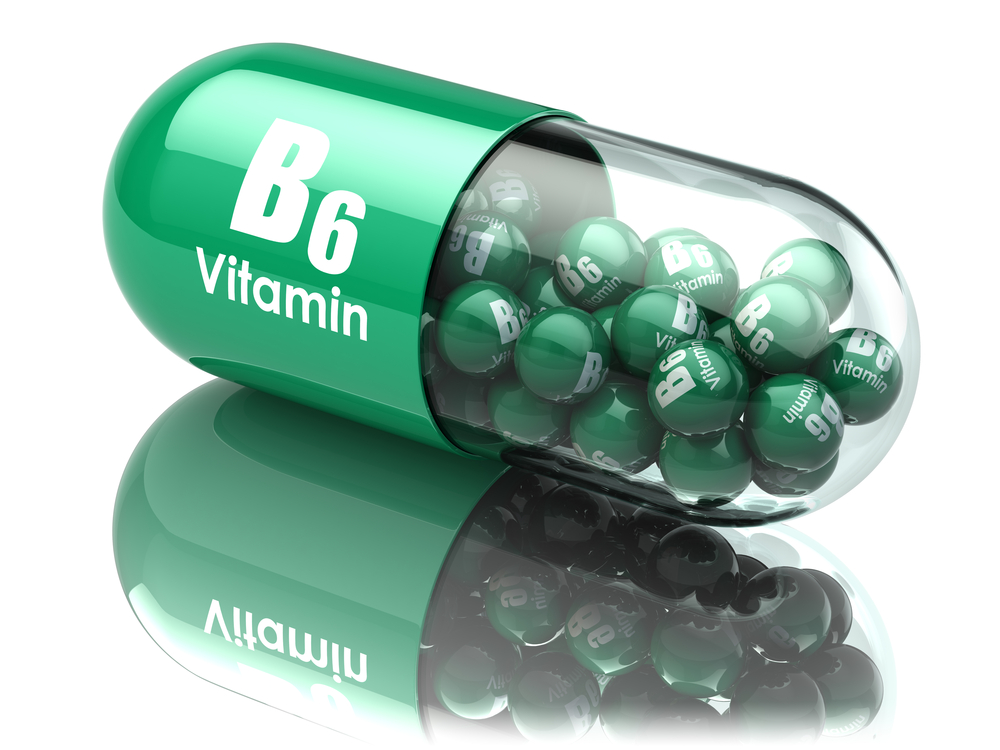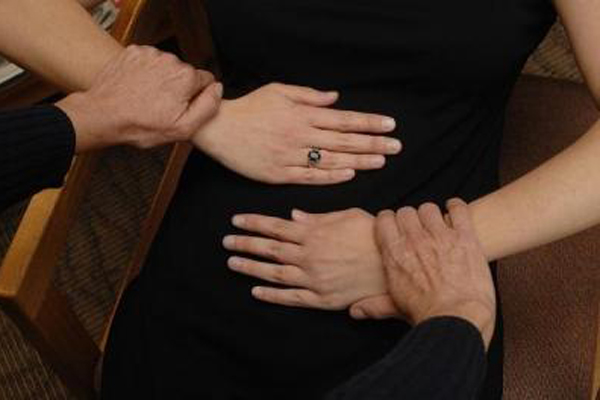Battle Morning Sickness with 5 Science-Approved Remedies

Battle Morning Sickness with 5 Science-Approved Remedies

Morning sickness can quickly take the joy out of pregnancy.
But although the condition affects upwards of 80 percent of pregnant women, there are no drugs approved by the Food and Drug Administration to specifically treat this pregnancy woe.
Sometimes, easing the symptoms of morning sickness can be as simple as making small change to your diet, such as eating bland foods and smaller, more frequent meals. But in other cases, women may need more help to treat their symptoms.
In a recent review in the journal JAMA, researchers looked at the evidence on a number of morning sickness treatments. Here's what they found. [Full Story: Ginger and Acupressure for Morning Sickness? Science Says Maybe]
Ginger

Ginger has long been recommended for morning sickness during pregnancy, and science largely backs up the idea that this remedy works, at least for mild symptoms.
In the review, researchers looked at 17 studies on ginger. In four of these studies, researchers found that ginger was more effective than a placebo at reducing symptoms of mild morning sickness. In the other studies, it seemed that ginger worked at least as well as some other remedies, such as taking vitamin B6.
The researchers noted that the benefits of ginger were apparent regardless of the amount that the women took or how the ginger was prepared (powdered fresh root, tablets, capsules or syrup).
Get the world’s most fascinating discoveries delivered straight to your inbox.
The American College of Obstetricians and Gynecologists (ACOG) also recommends ginger as a nondrug treatment for mild morning sickness.
Vitamin B6

Vitamin B6, which is sometimes called pyridoxine, has also been relatively well-studied as a morning sickness treatment, the researchers said. In the review, the researchers looked at 14 randomized clinical trials on vitamin B6.
In studies in which the vitamin was compared to a placebo, the researchers found that B6 was associated with a reduction in nausea.
ACOG also recommends vitamin B6 as first-line treatment for mild morning sickness.
Antihistamines

Allergy meds for morning sickness? Yes, antihistamines may have some benefits when it comes to easing the symptoms of nausea and vomiting, the review said.
But only one study has compared an antihistamine to a placebo as a morning sickness treatment, the researchers said. In that study, taking an antihistamine was shown to improve women's symptoms, the review said.
Taking an antihistamine along with vitamin B6, however, was a better-studied treatment. The researchers identified three randomized clinical trials that compared a combination of the vitamin and an antihistamine to either a placebo or an anti-nausea medication, finding that in all of those studies, the combination improved women's symptoms. However, the researchers noted that the antihistamine-vitamin combination fared better when it was compared with a placebo, instead of the anti-nausea medication.
ACOG recommends that women try an antihistamine called doxylamine, found in over-the-counter sleep aids, if vitamin B6 alone does not work. The two compounds are available combined in a prescription drug that is safe to take during pregnancy, ACOG said.
Prescription drugs

Certain prescription drugs have also been shown to help with morning sickness symptoms. These are typically given if other options do not work, ACOG said.
Prescription drugs given for morning sickness include anti-nausea medications.
One drug, called ondansetron, was beneficial for women who had all levels of morning sickness severity, the researchers found. This medication is typically used to prevent nausea and vomiting caused by cancer chemotherapy, according to the National Institutes of Health.
The researchers noted that corticosteroids have been used for severe morning sickness — for example, when women have to be admitted to the hospital because of their symptoms. It's not clear, however, how well corticosteroids work compared to other medications, or if the drugs are completely safe for the fetus, the researchers wrote.
Acupressure

Yes, acupressure may help relieve mild symptoms of morning sickness.
The technique involves applying pressure to a pressure point found on the inside of the arm about one-sixth of the distance up from the wrist, between the two tendons located there, according to the study. (Wristbands with a small plastic stud can be used to apply pressure to this point, instead of using one's own fingers.)
Several studies found that applying pressure at this point on the wrist offered greater relief from symptoms than when pressure was applied elsewhere on the body, the researchers said.
Originally published on Live Science.



